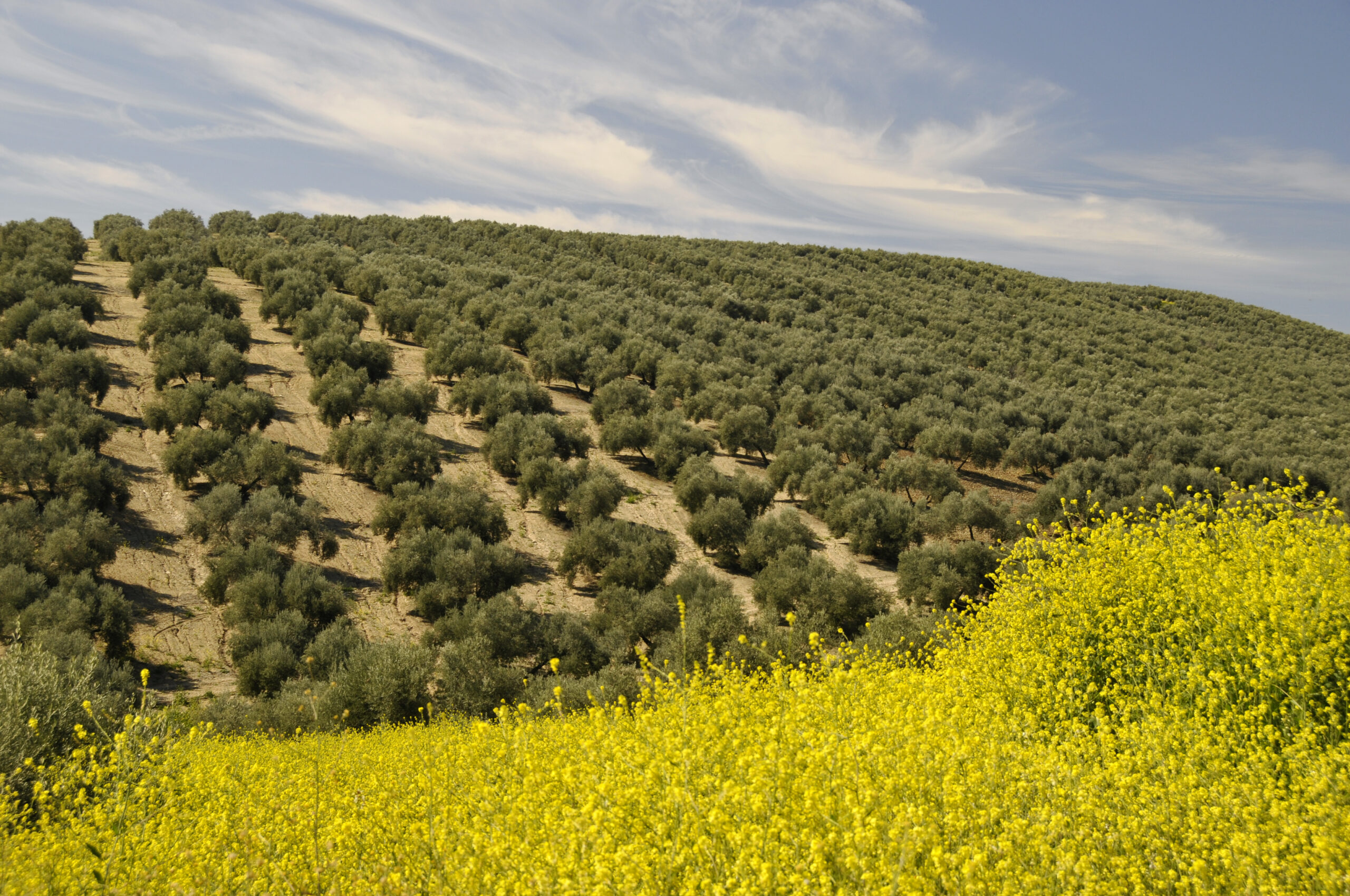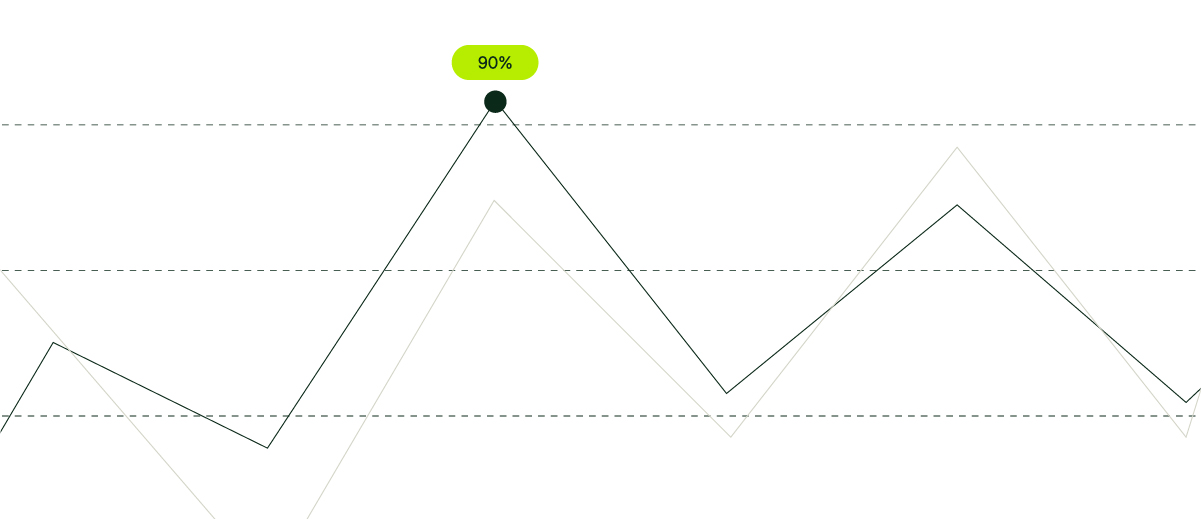This week on the Olive Health Information System website
The newsletter of the University of Navarra and the IOC dedicated to health
In the fascinating world of nutritional research, three recent studies have highlighted the impact of the Mediterranean diet on cognitive, metabolic and mental health.
A meta-analysis published in the journal Geroscience shows how this diet—rich in fruits, vegetables, whole grains, fish and olive oil— can significantly reduce the risk of cognitive decline, dementia and Alzheimer’s disease. The researchers analysed 23 studies with more than two decades of data and found that individuals who followed this diet had an 11% to 30% lower risk of developing these conditions than those who did not. This protective effect, attributed to the antioxidants, healthy fats and anti-inflammatory properties of key foods in the Mediterranean diet, highlights its potential as a cornerstone in public health strategies to address the challenges of cognitive aging.
In a randomized controlled trial published in Nature Medicine, researchers investigated the effects of combining the Mediterranean diet with time-restricted eating (TRE) on visceral fat and cardiometabolic health in overweight or obese adults. Time-restricted eating is an eating pattern that limits food consumption to a specific window of time each day, typically spanning 6–12 hours, while fasting during the remaining hours. Interestingly, the results showed that TRE—whether implemented early, late, or at participants’ discretion—did not provide any additional benefit in reducing visceral fat compared to the Mediterranean diet alone. However, TRE demonstrated positive effects on body weight across all three groups and improved blood glucose levels in the early TRE group, particularly during the night. These results emphasize that the Mediterranean diet is a powerful approach to improve body composition and metabolic health, with TRE serving as a potentially complementary strategy. In addition, TRE was found to be safe and well tolerated, with high adherence rates, suggesting it may be a helpful option for individuals seeking structured eating patterns.
Finally, a study published in Nutrition Reviews examined the impact of the Mediterranean diet on the mental health of children and adolescents, a crucial but under-researched area. A review of 13 studies involving over 3,000 young participants found that adherence to the diet may serve as a protective factor against psychiatric disorders such as depression, anxiety and attention deficit hyperactivity disorder. More than half of the studies reviewed showed a significant association between high adherence to the Mediterranean diet and a lower incidence of psychiatric symptoms. These benefits are linked to the diet’s anti-inflammatory properties, its regulation of energy metabolism and its provision of essential nutrients for brain development. The authors emphasize the importance of promoting this diet from an early age to help prevent mental disorders and improve outcomes for those already experiencing symptoms.
Other articles mentioned this week in the OHIS newsletter:
CHILDREN AND ADOLESCENTS
Low-carbohydrate diet proved effective and safe for youths with type 1 diabetes: A randomised trial.
Mediterranean Diet and Mental Health in Children and Adolescents: A Systematic Review.
COGNITIVE FUNCTIONS
CARDIOVASCULAR DISEASE
Impact of adherence to the Mediterranean diet on stroke risk.
OBESITY
DIET
Role of a Whole Plant Foods Diet in Breast Cancer Prevention and Survival.









